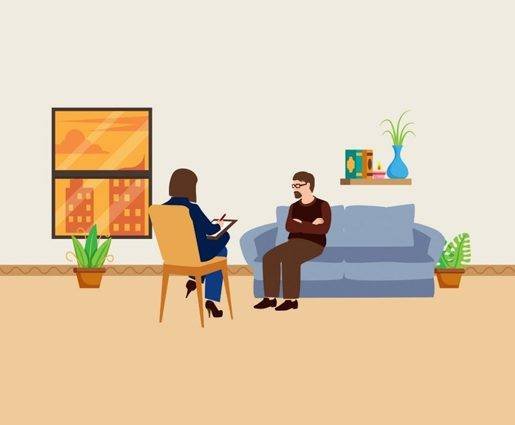The strategies and structures of Core counseling have been made keeping in mind the needs of the patient, their families, and the effectiveness of the programs. The program should offer both long-term and short-term residential treatment programs as well as outpatient treatment programs.
During the indoor treatment of a program, a patient and his family go through a rigorous curriculum to understand the recovery process. This training helps separately for the patients and their families. In reference to the core issues (addiction or mental illness), the patient should cover a variety of educational material and training. The patients learn 12-step concepts and go through emotional regulation sessions.
In the last month of their indoor treatment, their focus is put extensively on relapse prevention. In brief, the program for indoor patients includes training on the disease concept of what addiction or alcoholism is. The treatment also includes core counseling of various psychiatric illnesses such as Schizophrenia, Bipolar Disorder, Autism and ADHD in young children, Post Traumatic Stress Disorder, OCD, etc. We are also masters at providing services regarding Marital Discord and Home Runaway.

